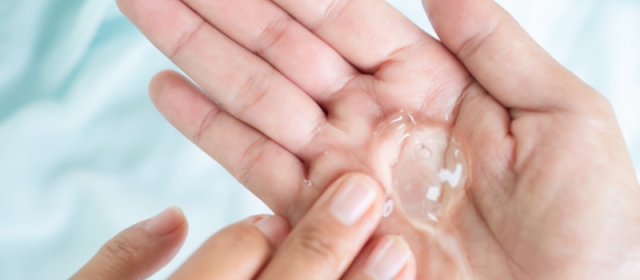
All News
Upcoming Events

- Sexual Health Topics: Sexual Orientation & LGBTQIA+ Health
Introduction
Transgender individuals have a gender identity that differs from their assigned sex at birth. Many transgender individuals are interested in therapies that may help them externally align their physical traits with their internal gender, such as testosterone therapy.

- Sexual Health Topics: Women’s Sexual Health
Introduction
In medical and patient education, visual images play a crucial role in enhancing understanding and communication. The integration of visual elements with text has proven effective in health education, particularly in facilitating dialogue between healthcare practitioners and patients.

- Sexual Health Topics: Men’s Sexual Health, Cancer & Sexual Health (Oncosexology)
Introduction
Penile cancer, though rare, affects over 36,000 individuals globally each year, with increasing incidence in some countries including the United States, the United Kingdom, and Norway. Surgical approaches have evolved from radical amputation to organ-sparing surgery, aiming to preserve the penis.

- Sexual Health Topics: Women’s Sexual Health
Introduction
Infertility is defined as the inability to conceive a baby after a year (12 months) of trying with regular and unprotected sexual intercourse. It is a significant issue, especially for women, causing psychological stress due to expensive treatments, uncertainty, and social pressure. Infertility can also harm a woman’s self-esteem, sexual confidence, and overall well-being, thereby increasing the risk of sexual problems.

- Sexual Health Topics: Women’s Sexual Health
Introduction
Urinary incontinence is a common problem that affects many people’s lives. Stress urinary incontinence (SUI) is a prevalent type, especially among women. It can cause physical discomfort and impact one’s mental health and overall quality of life. SUI can also affect a person’s sexual function in about 50% of cases.

- Sexual Health Topics: Men’s Sexual Health, Women’s Sexual Health, Cancer & Sexual Health (Oncosexology)
Introduction
Prostate cancer can have a negative effect on a man’s sexual health, and an estimated 85% of prostate cancer survivors report sexual dysfunction in the form of erectile dysfunction (ED), changes in orgasm, anejaculation, sexual incontinence, changes in penile length or shape (including increased penile curvature), and decreased libido.

- Sexual Health Topics: Women’s Sexual Health
Introduction
Lichen sclerosus (LS) is a skin disease that typically affects the anogenital area of the body and occurs more commonly in women. This condition causes whitish patches of skin that are more fragile than other areas of skin and can tear easily. One of the most distressing symptoms of LS is dyspareunia, or painful intercourse. Other symptoms include itching, pain, burning, and bleeding, and the anatomy of the genitals might also change over time. For example, the clitoral hood may adhere to the clitoris or the labia minora may appear to be reabsorbed by the body.

- Sexual Health Topics: Men’s Sexual Health, Cancer & Sexual Health (Oncosexology)
Introduction
Prostate cancer is a common type of cancer in men. While advancements in treatments have led to much higher survival rates (specifically 5-year survival rates of 97% and 93% in the U.S. and Canada, respectively), prostate cancer and its treatments can have a big impact on a man’s sexual functioning.

- Sexual Health Topics: Women’s Sexual Health
Introduction
When women enter menopause (the period of life when menstruation stops for at least 12 consecutive months), they experience several changes to their bodies. Declines in the body’s estrogen levels can lead to hot flashes, night sweats, vulvovaginal atrophy, and an increased risk of depression, osteoporosis, and sexual dysfunction.

- Sexual Health Topics: Men’s Sexual Health
Introduction
The inflatable penile prosthesis (IPP) is the gold standard for the treatment of chronic erectile dysfunction (ED) that does not respond to oral medications. Nevertheless, IPP implantation is not without risk of infection, a complication that can cause significant side effects and distress for patients.



